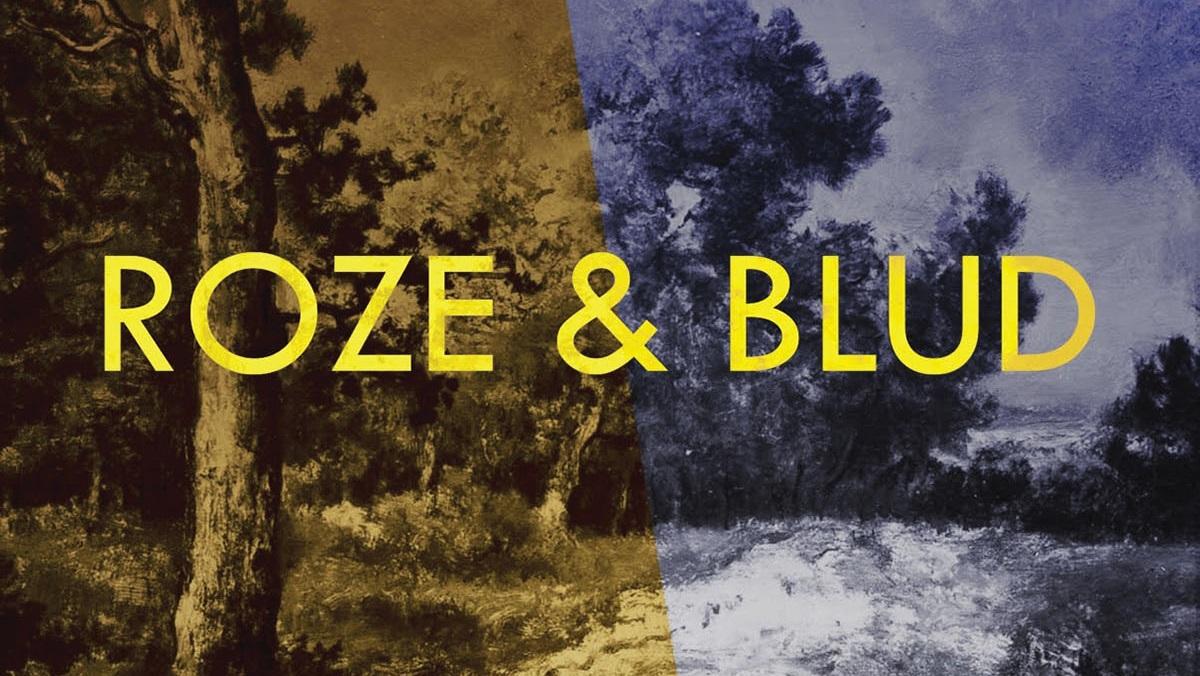My friendship with Jayson Iwen precludes me from reviewing Roze & Blud, his poetry collection. However, I can introduce him to readers and in this way attract attention to his work.
The poet and essayist Barton Sutter says that to sell books a writer should have a dramatic life story to share. Jayson Iwen has such a story. After earning a PhD in English from the University of Wisconsin–Milwaukee, then teaching at different colleges, he accepted a position at the American University in Beirut, Lebanon, only to leave with his wife four years later when the country’s prime minister was assassinated.
Despite the political upheaval, Iwen’s time in Lebanon proved fruitful. His association with Huda Fakhreddine, now associate professor of Arabic Studies at the University of Pennsylvania, led to their co-translating Lighthouse for the Drowning by Jawdat Fakhreddine, one of Lebanon’s most important poets and literary critics. In 2017, BOA Editions published Lighthouse, which appeared in the prestigious Lannan Translation Series. Now, Seagull Books in London has published Huda Fakhreddine and Jayson’s co-translation of Come, Take a Gentle Stab by Salim Barakat, a Kurdish-Syrian poet and novelist living in Beirut.
Though leaving Lebanon must have been difficult, the next event—occurring years later and many miles away—provides something else for a life story. Billy Collins, former Poet Laureate of the United States, chose Roze & Blud the winner of the 2020 Miller Williams Poetry Prize, which included a $5,000 award and publication.
In a collection of poems that weaves characters together, Roze Mertha and William Blud live out their stories. Roze attends high school in Duluth, Minnesota, and lives in a trailer park. Just across the harbor, Blud, an ex-boxer, war veteran, and Great Lakes seaman, roams the windy streets of Superior, Wisconsin, regretting his fate. Merzad, an Afghan immigrant living in the shabby room next to Blud’s, is another of the city’s dispossessed characters.
Roze and Blud never meet. However, their sensibilities converge in the middle of the book, in poetry shaped by loss and desire, by a desperate need to speak, by the rugged land, the weather, the maritime culture up there. In “Vessels,” Roze says about her and a friend,
Though the ships are frozen in ice,/the winter sun warms our faces/when we smoke down by the docks./In winter we come to see what isn’t there. As if responding to Roze from the city across the river in Wisconsin, Blud remarks some pages later, I was beaten already/by the time I boarded my first ship/at the westernmost tip of Lake Superior.
You can almost hear him say her name.
Noble in their own ways, Roze and Blud join the people and places Jayson Iwen has written about elsewhere, in both poetry and fiction. By dreaming up these characters, by recognizing and ennobling them, he gives the Earth’s wanderers a home.




